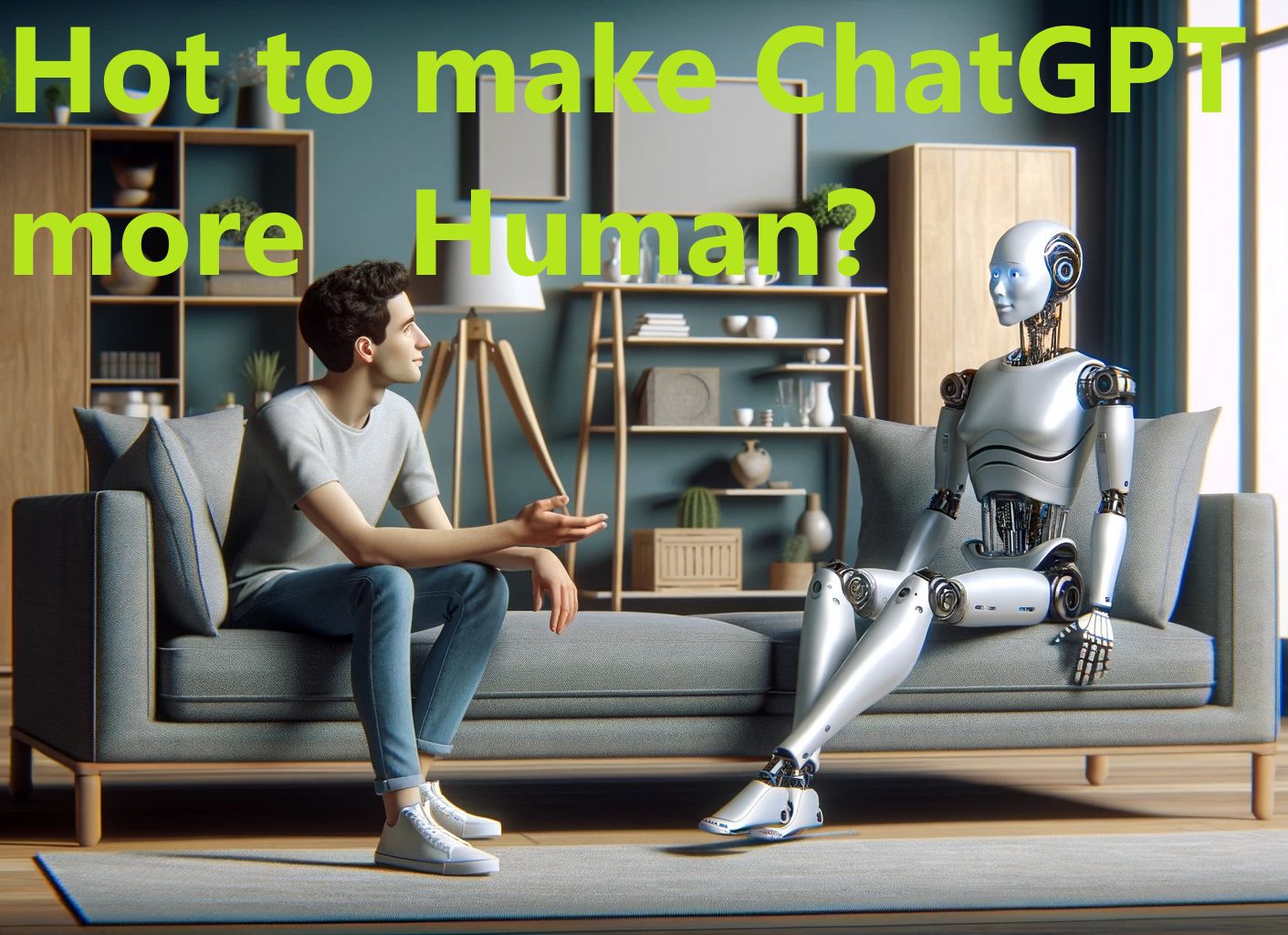As I embarked on a challenge to make ChatGPT sound more human, my first port of call was the choppy waters of Pirate English. Aye, you read right. Inspired by the whimsical tones of “Arrr, matey!” and “Shiver me timbers!”, I imagined infusing ChatGPT with a dash of pirate flair could bridge the gap between machine coldness and human warmth. However, like a ship caught in a storm, this approach quickly proved to be more comical than practical. While entertaining, Pirate English fell short of my goal for a truly human touch. ChatGPT, adorned in virtual eye patches and wooden legs, was amusing but hardly the conversational partner I aimed for.
The Spartan Simplicity attempt
Realizing that simplicity often holds the key to clarity and warmth, I shifted gears towards a more Spartan approach. This meant stripping down the language to its essence, avoiding corporate jargon and overly complex sentences that could alienate or confuse. Instead, I aimed for ChatGPT to speak in a direct, concise manner—much like a friend explaining a concept over a cup of coffee. This shift was not about dumbing down content but rather making it more accessible and engaging. The challenge lay in maintaining ChatGPT’s vast knowledge base while presenting it in a more digestible, friendly format.
How I succeeded with the “Conversational Tone”
Achieving a conversational tone was the cornerstone of my strategy. This required fine-tuning ChatGPT to use phrases and expressions common in everyday speech, interspersing its responses with questions to encourage a more dynamic exchange. I encouraged the AI to mimic the natural ebb and flow of human conversation, where topics can shift fluidly and responses are not always perfectly structured but are always engaging and pertinent.
Beyond Language: Understanding Human Nuance
One crucial realization in this journey was that sounding human isn’t just about choosing the right words; it’s about understanding the nuances of human emotion and response. This meant training ChatGPT to recognize not just the literal meaning of queries but the intent and emotion behind them. Whether it was detecting subtle humor or offering empathy in responses, these adjustments allowed ChatGPT to engage on a more personal, human level.

The Power of Feedback
A significant part of refining ChatGPT’s human touch came from feedback. Real-world interaction was the crucible in which the AI’s conversational skills were tested and honed. User feedback highlighted areas where the AI sounded too formal or detached, guiding further adjustments. This iterative process was crucial in moving closer to the goal of a genuinely human-like conversational partner.
Reflections on the Journey
Looking back, the journey from Pirate English to a more nuanced, conversational tone taught me the importance of simplicity, empathy, and the human touch in communication. The goal was never to erase the AI’s identity but to enhance its ability to communicate in a way that feels warm, engaging, and unmistakably human. Through a mix of linguistic simplicity, conversational warmth, and a deep understanding of human interaction, I found a path to make ChatGPT not just a tool, but a companion capable of genuine connection.
Humanizer Tools for AI-Generated Text
In our journey to make ChatGPT sound even more human, we stumbled upon a game-changer: Humanizer tools. These innovative software solutions are designed to infuse AI-generated text with the essence of human conversation. Think of them as the secret sauce that adds a sprinkle of personality to the mix. By analyzing patterns in natural human dialogue, these tools help ChatGPT mimic the nuanced, often unpredictable ways people express themselves. Whether it’s through adjusting tone, injecting humor, or varying sentence structure, Humanizer tools are the behind-the-scenes heroes that transform robotic text into something that reads as though it came from a friend. This development not only represents a leap forward in making AI more relatable but also in how we interact with technology on a daily basis, turning every interaction into an opportunity for genuine connection.
This journey is far from over. As ChatGPT continues to evolve, the quest for more human-like interaction remains a guiding light. The lessons learned from Pirate English to spartan simplicity underscore the importance of adaptability and the relentless pursuit of better, more human AI communication. In this digital age, where AI becomes increasingly integrated into our daily lives, fostering genuine connections through conversation stands as a beacon for future advancements.

